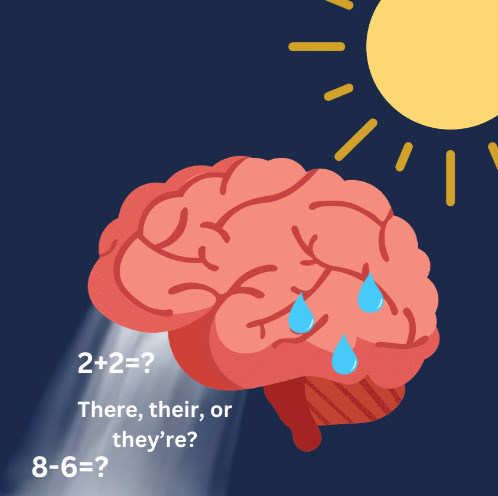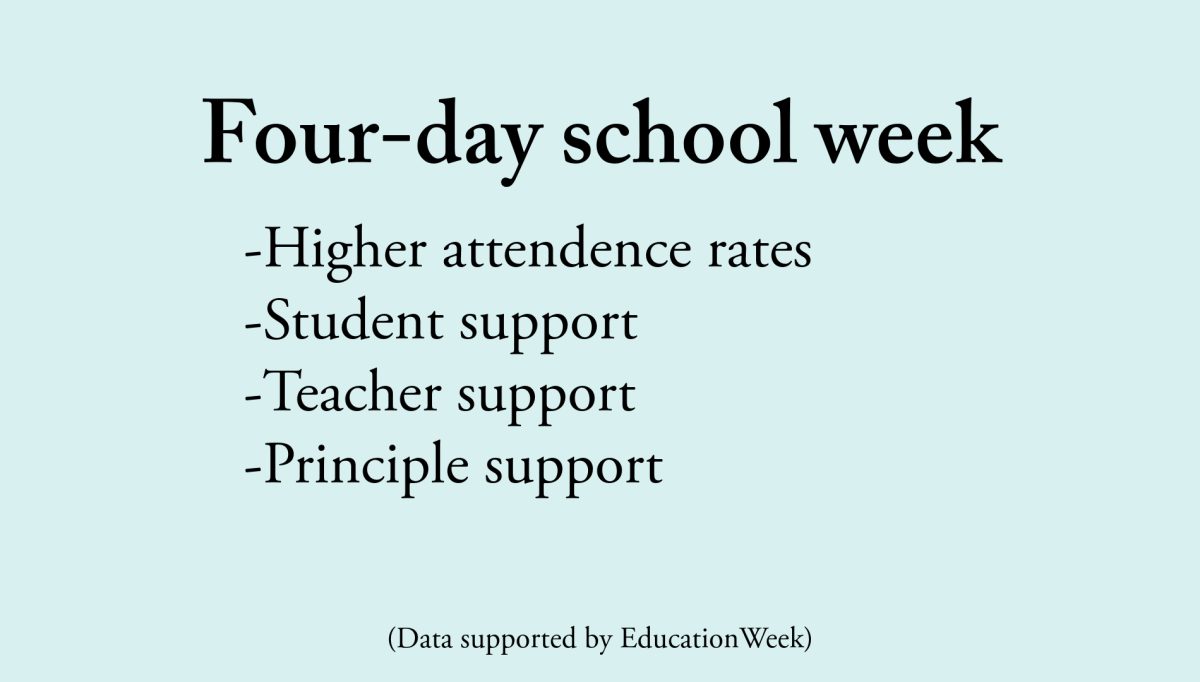Rewriting midterms: English department pushes for changes to semester exams
January 11, 2022
In recent years, arguments have been raised nationally about the credibility of standardized tests. In our own school, many students who consider themselves hardworking and intelligent are devastated by their SAT score. While some colleges have been valuing these opinions by relying more on student essays to grant admission, many still use a student’s standardized test scores to determine if they have a future at their school.
“There are still collegiate institutions and universities that still rely heavily on [standardized testing], so, because of that the SAT is extremely important, and teachers do feel the pressure to prepare you for that, which makes our content focused towards that,” English teacher Shannon Sugamele said.
At South, some English teachers feel that their midterm should be formatted differently. A few well-liked ideas include a project or reflection-based assignment, rather than an impromptu essay or traditional quiz.
“I would say that a majority of the English Teachers at South don’t feel like the midterm exam is an accurate way at assessing a student’s understanding of reading and writing,” Sugamele said. “English itself is a lot different from other subjects, where it’s not so black and white; right and wrong. A lot of what English is about is growth; growing in your reading and writing skills.
Students often complain that the tests are far too crammed, and put too much mental strain on a student in such a short period of time. Many English teachers also question the schedule of midterms. Mrs. Henk, another English Teacher at South, also mentioned the influence of the pandemic on this issue.
“Quite a few English teachers feel like it should be a more relaxed week than it has been in years past because of the pandemic,” Henk said.
For many students, test anxiety causes them to panic, override their rational thinking, and forget hours of hard-studied material. Otherwise, a student may be incredibly intelligent, participate in class, and receive amazing homework scores, but not be suited to rigid test taking. English Teacher Katherine Parent agrees, also mentioning the astounding 20 percent of a student’s grade that depends on it.
“I think that to try and measure all students by the same yardstick, like a standardized test, is unfortunate,” Parent said. “People are different in the ways that they can showcase their abilities, and just because somebody might be a bad test taker it’s not entirely fair to have 20 percent of their grade riding on something that doesn’t entirely work for them.
For many with different learning styles, standardized tests simply don’t suit the way they process and demonstrate their knowledge of information. This applied to Sugamele when she was in high school.
“I honestly have been against standardized tests since I was a student in high school… I like to demonstrate how well I actually know the material besides just filling in bubbles,” Sugamele said. “I always liked projects, writing.. more creative outlets. In general, I just don’t think standardized tests can accurately dictate how intelligent or creative a student is, which is just as important as material to me.
Since some colleges are still dependent on standardized test scores, a vicious cycle has begun where teachers feel intense pressure to cater their coursework to them.
“There are still collegiate institutions and universities that still rely heavily on [standardized testing], so, because of that the SAT is extremely important, and teachers do feel the pressure to prepare you for that, which makes our content focused towards that,” Sugamele said.
Overall, as modern society realizes the importance of concepts rather than memorization during school, hopefully standardized tests will follow.
“I hope that things are geared towards what kids want to do…. I’d love to see even more opportunities for kids,” Henk said.

























































































